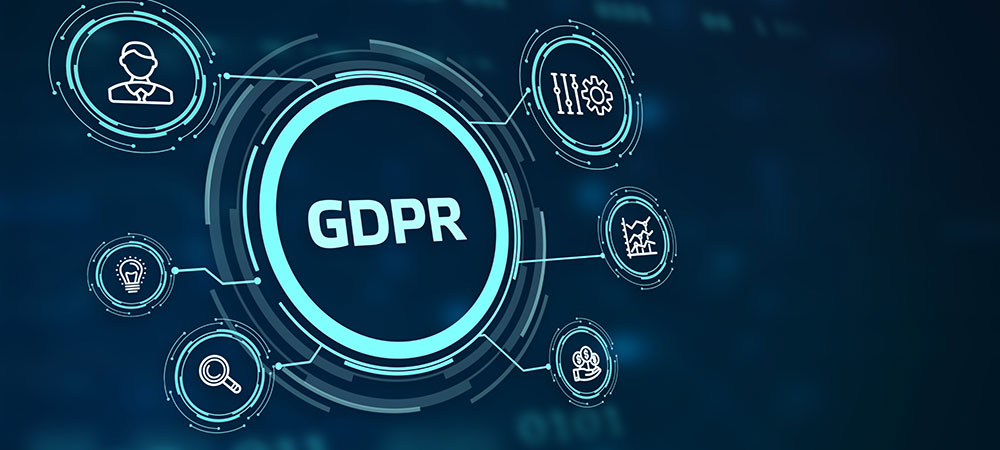
In a landmark decision, the United Nations General Assembly has unanimously adopted the first-ever global resolution on artificial intelligence (AI), signaling a significant step towards governing AI technologies on a global scale. The resolution encourages countries to prioritize the safeguarding of human rights, protection of personal data, and monitoring of AI for potential risks.
Proposed by the United States and co-sponsored by China along with over 120 other nations, the nonbinding resolution also emphasizes the importance of strengthening privacy policies to ensure the responsible development and deployment of AI systems. U.S. Ambassador to the United Nations Linda Thomas-Greenfield hailed the resolution as a collective effort to assert human control over AI technologies, stating, “Today, all 193 members of the United Nations General Assembly have spoken in one voice, and together, chosen to govern artificial intelligence rather than let it govern us.”
This resolution comes amidst growing concerns about the potential misuse of AI, including threats to democratic processes, increased fraud, and widespread job displacement. Acknowledging these risks, the resolution highlights the need to address the improper or malicious design, development, deployment, and use of AI systems that could undermine human rights and fundamental freedoms.
The adoption of this resolution adds to a series of global initiatives aimed at shaping the development of AI technologies. In November, the U.S., Britain, and several other countries unveiled the first detailed international agreement on ensuring the safety and security of AI systems. Meanwhile, the European Union has been proactive in adopting provisional agreements to oversee AI technology, placing it ahead of the United States in regulatory efforts.
Despite the polarization in the U.S. Congress hindering progress on AI regulation, the Biden administration has taken steps to mitigate AI risks through executive orders aimed at protecting consumers, workers, minorities, and national security interests.
Negotiating the resolution took nearly four months, with active engagement from various countries, including those with differing views such as Russia and China. While both countries are exploring the use of AI tools for various purposes, recent reports of hackers from China and Russia utilizing AI for espionage have raised concerns about AI-related security threats.
As the global community navigates the complex landscape of AI governance, the adoption of the UN resolution provides a foundational framework for guiding future developments in AI technology, ensuring its responsible and ethical use for the benefit of all humanity.
#UN #ArtificialIntelligence #AI #GlobalResolution #HumanRights #Privacy #Regulation #Governance #Technology #Ethics #Security #UnitedNations
For more insights and updates, visit our KI Design blog here.
Stay connected with us on Twitter for the latest news and discussion





